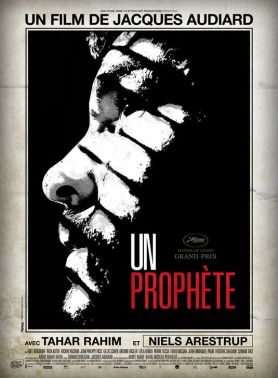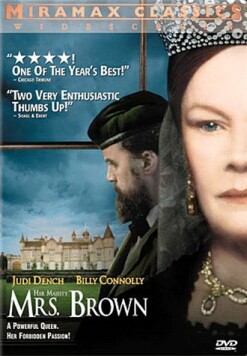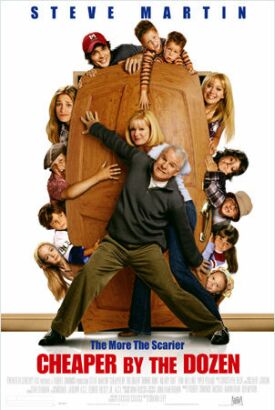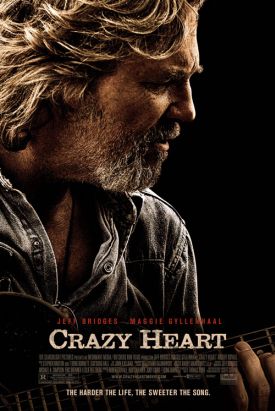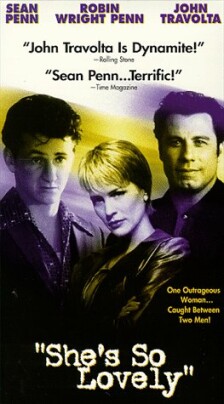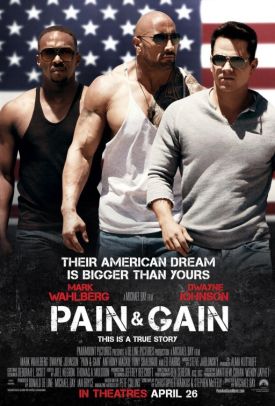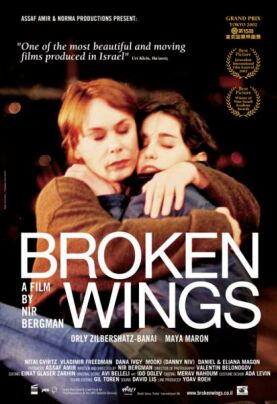Prophete, Un
When the movies abandoned the moral context in which they once represented crime and criminals — even when the morality was inverted for political reasons and the bad guys became good guys and the good guys bad — they found that they had nothing to put in its place but a kind of voyeurism. Even the best crime dramas today, like The Wire, appear to me to invite us to an aesthetic admiration of wickedness rather than any serious moral disapprobation of it. Crime is no longer a dreadful aberration in a basically wholesome social order. Instead it is taken for granted as being endemic in or even at the very foundation of that order. There is no longer any “good place” threatened by criminal invasion; the criminals are already inside the gates and living next door to us, like the next-door-neighbor serial killer in Disturbia. I make no secret of the fact that, generally, I find such movie representations of criminality boring at best and offensive and disgusting at worst, but I also recognize when superior examples of the genre turn up, as they do in Jacques Audiard’s much-praised French film, Un Prophete.
The movie tells the story of Malik El Djebena (Tahar Rahim), a young, French-speaking Arab jailed for assault on a police officer. The story begins with the rituals of incarceration, including a strip search that foreshadows the larger portrayal of life inside this French prison as a Hobbesian state of nature. Malik, we learn, left school at eleven, unable to read, and has since spent most of his life in juvenile custody. Now he has been sentenced to three years as an adult, though he is not yet out of his teens. The initiation into prison reality of this youthful innocent comes when César Luciani (Niels Arestrup), the leader of the prison’s powerful Corsican gang, orders him to kill a fellow Arab prisoner, Reyeb (Hichem Yacoubi), who has agreed to testify against one of César’s criminal contacts on the outside. “Either you kill him, or we will kill you,” as he puts it to the terrified youth.
Reyeb has made a homosexual pass at Malik, who is ordered to agree to an assignation and go to it with a razor blade secreted in his mouth. He practices with another of the Corsicans who is rather frighteningly experienced at keeping a blade in his mouth and producing it at a moment’s notice. The scene in which the ensuing murder takes place is one whose horror is likely to make it a classic among connoisseurs of graphic violence in the movies and first makes clear the film’s voyeuristic intentions — not only with respect to the murder itself but also in terms of the murderer’s horror at his own deed. This is just one example of the film’s juxtaposition of the ruthlessness with which a prison-based crime empire is built up with the youth and innocence of the hero — who himself is soon the one doing the building. It’s the same technique used by Graham Greene in Brighton Rock and, though it is not as political as Greene, it similarly serves as a reproach to “society,” as it seems to confirm that criminals are made by social injustices and brutalities and not by free choice.
Greene, writing 70-odd years ago, used his 17-year-old criminal hero’s incongruous Catholic faith to win a measure of sympathy for him. M. Audiard tentatively offers up Malik’s Islamic faith for the same purpose. We see him learning to read in prison under the tutelage of his one friend, Ryad (Adel Bencherif), and learning from him the tenets of his ancestors’ religion, about which he is otherwise mostly ignorant. Viewers are meant, I think, to find this touching, even inspirational, like another scene in which Malik flies on an airplane for the first time, even though his growth in wisdom and experience is all in the service of his advancement as a criminal. His innocence is also connected with the dreams which at times appear to give him the power to predict the future — the reason for a question from another criminal confederate (Slimane Dazi) as to whether he is a prophet or something and thus for the title of the film.
For a while early on it seems as if the ruthless César is going to steal the movie from Malik, and Mr Arestrup’s performance remains one of its highlights. As it is a picture about a sort of amoral, Nietzschean wickedness and ruthlessness, César sums up these qualities even better than Malik does. But soon, as is not unexpected, the pupil is surpassing the master. During his days as a lowly servant of the other gang members, Malik learns from César how the power in prison is won and distributed. “When people look at you, they see me. If not, what do they see? Nothing.” But even at that point we are aware, as César is not, that Malik has already figured this out — and more, that he has figured out that the older man’s power is waning as his is growing.
That’s why criticism of the film for “racism” misses the point. Racism is a term that only means anything in the world outside, the world of civil society. In the prison something much more elemental is going on that is only tangentially related to race. As Mr Audiard makes clear, you can’t survive inside without protection and you can’t get protection unless you are a member of one gang or another. Malik, though an Arab, is a member of the Corsican gang because, at the beginning it is more powerful than any other. “We run this place,” they tell him, and he believes them. Why shouldn’t he? But he’s also smart enough to know that the Corsicans are weakening, partly because of politics. President Sarkozy (mentioned by name) has decreed that some of the Corsicans will serve their sentences out closer to home. This leaves César’s gang badly depleted and unable to enforce their will on others.
Sure, the Corsicans are casual racists, calling Malik “Dirty Arab” and “not one of us,” and they make him do their scut work — not to mention the murder. But Malik takes all this in his stride and without resentment, as part of the duty of the weak to the strong in a savage state. When César asks him to find out what the other Arabs in the prison are thinking, he says: “Do you want me to get beat up? To them I’m a Corsican” Malik has a cool head. That’s the point of him. He knows how and when to ally himself with the strong, make himself useful (indeed, indispensable) to them and then jump to the soon-to-be stronger Arab gang at the right moment. As he tells Ryad at one point, we need to be on their side now. The time for revenge comes later.”
Like Tony Soprano or Don Corleone, that is, Malik is supposed to be admirable for his ability to survive and finally thrive in a criminal environment that is the only life he knows. But unlike the Sicilians, neither he nor the Corsicans are depicted as belonging to a well-established honor culture which exists outside the prison, as well as inside, and independently of it. This I believe to be a weakness in the film, since it means that our view of the hero is almost as circumscribed as his own. He has no milieu but that of the prison, and this creates a barrier between him and us — unless, I suppose, we are prisoners too. This flaw is another consequence of the movies’ jettisoning of moral context. Just as individuals make up their morality as they go along, so do societies. This cuts them off from each other, and from us, even though both owe more to tradition and precedent and the larger culture of which we are all a part than they care to admit. Putting in more of those connections would have made this a better movie.
Discover more from James Bowman
Subscribe to get the latest posts to your email.

